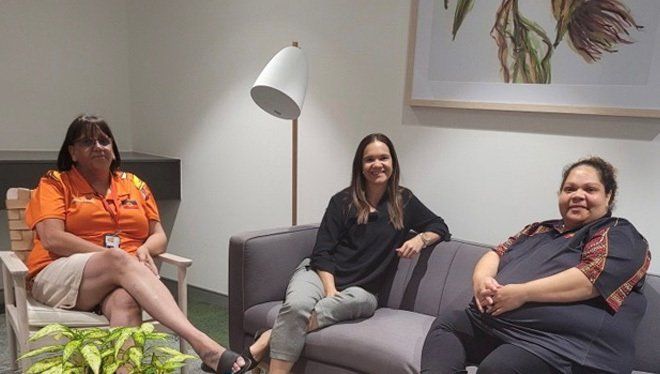From Nikki McGrady, our FPW Educator and Consultant
Above: Nikki McGrady with FPWs Bronwyn McClure and Fallon Dalton
The crucial role of Family Partnership Workers
Family Partnership Workers (FPWs) are crucial to the success of the Home Visit Teams within the Australian Nurse-Family Partnership Program (ANFPP), says Nikki McGrady, who took on the role earlier this year as FPW educator at the National Support Service. “When we’re doing our training with the home visit teams, I can’t stress enough how important the FPW role is,” says Nikki. “They provide the cultural link. The teams can’t do the work without the FPWs.
“FPWs play a significant part in supporting and empowering people who are going to work in Aboriginal and Torres Strait Islander communities.
“The FPW can guide ANFPP team members to work in culturally safe ways, making sure they are aware of cultural protocols and making sure they are respecting Aboriginal and Torres Strait Islander people and communities, acknowledging they are the experts in their own lives.”
Nikki, who has experience working as a FPW at the Institute for Urban Indigenous Health in Brisbane, says an important part of her job is supporting and helping FPWs grow – so that they in turn do the same with the mums they connect with.
“I think we can always grow & learn,” says Nikki who is involved in training and workshops for the home visiting teams.
“FPWs undertake three units of education in their first six months - advocacy and communication; supporting women experiencing domestic and family violence; and being important community role models: these are just a few of the important issues we need to support the FPWs in.
“I remind ANFPP team members to think about who they may be inspiring while they are working in communities. It might be a client or the team around you. We often don’t realise the seeds we are planting.
“Watching the nurses and fellow FPWs, have inspired me,” says Nikki, who is finishing the second year of a nursing degree. “It doesn’t have to mean all FPWs want to be registered nurses or midwives. But they should be given opportunities. There are also other pathways such as Aboriginal health worker or practitioner, or community service or social work.”
This year has been a time of growth for Nikki. “As well as a new job, which is so rewarding and challenging, and the studies, I also became a Grandmother for the first time.”
Being an Aboriginal woman and a mum, Nikki says she learned the importance of having support, the value of education to be able to grow and empower herself, and the significance of resilience and strength and nurturing her Aboriginal cultural heritage.
Clinical Lead for the ANFPP NSS, Kym Cunningham says how fortunate we are to have Nikki on the team of educators: “Nikki comes with such broad experience and has great leadership qualities. In addition to her direct experience working as an FPW, she has worked in many Aboriginal communities in NSW and Queensland, as a community consultant working in family support and in administrative, program and managerial roles. She also worked in the mining industry as a FIFO. She also has that lived experience as a young Aboriginal mum, which can’t be underestimated when teaching in a program such as the ANFPP,” says Kym.
“Our clients are very much like I was as a first-time mum,” says Nikki. “I had people who were my mentors, strong Aboriginal people in maternal roles, who helped me to be a good mum. My son is 22 and daughter is 14. I always said I could have really benefited as a first-time mum if I’d had the ANFPP.
“Being an FPW was great, and I have been able to share what I’ve learned with my daughter-in-law and son, about their baby, development and the maternal role.”
Nikki misses the client contact she enjoyed as a FPW and working in the community. “That is why I value the Community of Practice meetings once a month with the FPWs, which are now more personal and interactive as we use Zoom,” she says.
“It’s a time when we can all support each other, provide updates, share our challenges and successes, share resources. It’s a time to get together and yarn. It’s my chance to discuss with the FPWs what’s happening in their roles and communities, and about being on country.”
